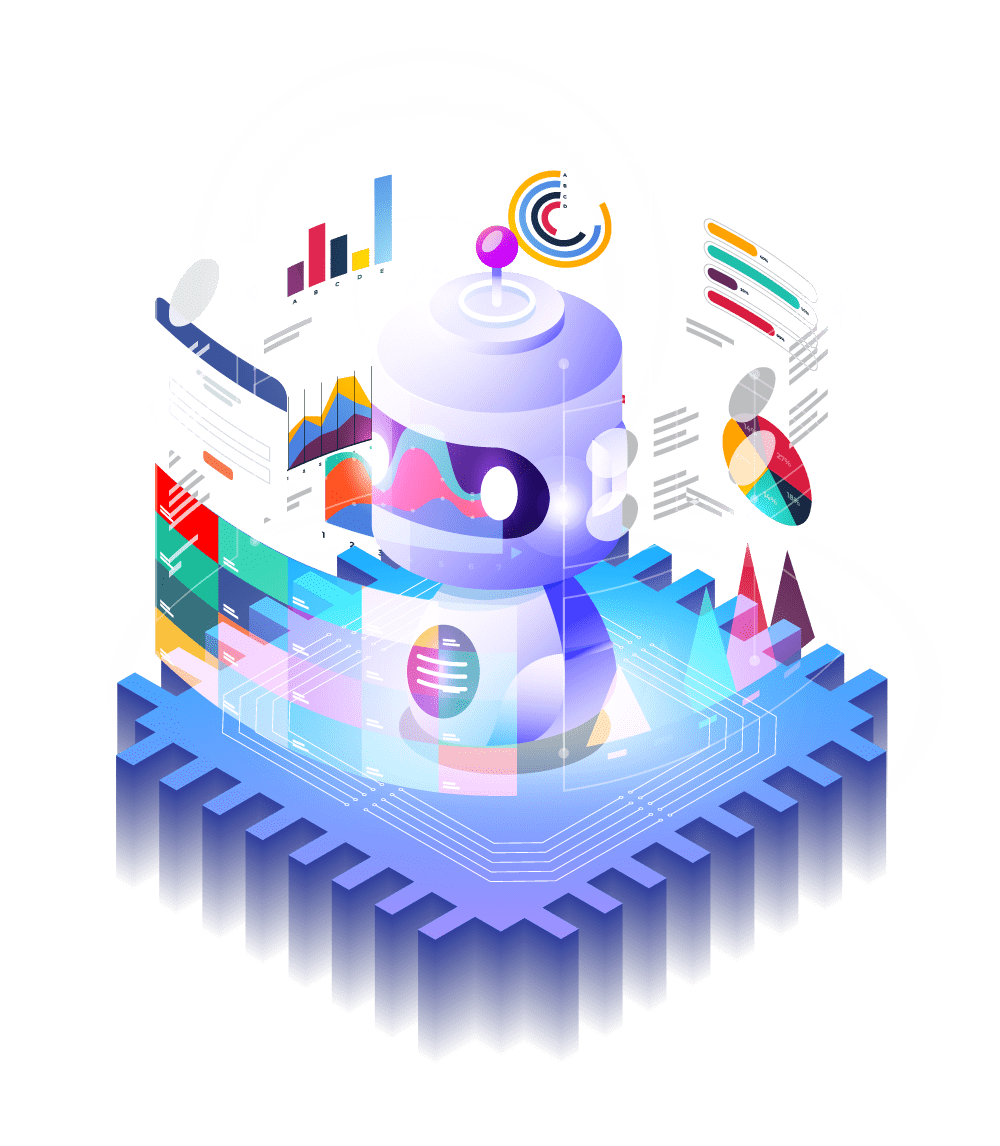Quantum computing
Quantum Machine Learning (QML): do we have the right skills?
Quantum computing and machine learning have been buzzwords in tech circles for quite some time now, but with recent advancements and investments on both sides, the possibilities are becoming more tangible.
Let's explore the latest developments and review what it will take for humanity to take its next leap forward in realizing the full potential of these technologies.
What is Quantum Machine Learning?
Quantum machine learning is the combination of quantum computing and machine learning techniques to create more powerful algorithms and models.
The excitement surrounding quantum machine learning stems from its ability to address much larger and more complicated problems than we're currently able to in less time. Quantum computers employ a new type of bit known as 'qubits' to execute several calculations at once, allowing for massive leaps forward in processing power. Combined with advancements in artificial intelligence and machine learning, this opens up a whole new world of possibilities for complex tasks like natural language processing, image recognition, and data analysis.
Quantum computers employ a new type of bit known as 'qubits' to execute several calculations at once, allowing for massive leaps forward in processing power.
How Quantum Machine Learning could change the world
Fully realizing the capabilities of quantum machine learning would be more than just an impressive achievement for humanity - it would represent the dawn of a new era of science, and in many ways, modern life as we know it.
Scientists foresee a wealth of potential applications for the technology, ranging from drug development and financial modeling to image recognition. With quantum machine learning, these tasks could be completed faster and with more accuracy than ever before. Imagine a world where new medications could be created in a fraction of the time, with minimal side effects, and tailored to individual patients based on their unique genetic makeup. Or imagine being able to identify patterns and trends in financial markets at lightning speed for more informed and successful investments amidst volatility. The possibilities are truly endless.
